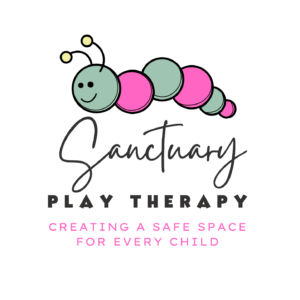
“When you’re free, you can play. And when you’re playing, you become free.” — Heidi Kadison.

Learn to Play
A direct approach in engaging children in play.
This direct approach to therapeutic play is suited for children up to 10 years of age who find it difficult to play with toys and may need help in developing skills to make friends and play with peers. Learn to Play allows young children to be themselves, to express how they are feeling and thinking in a safe and trusting environment.
Learn to Play focuses on the emotional engagement of the child and is designed to assist children to develop their ability to spontaneously initiate their own play and in the process, develop their pretend play skills at a developmental level expected for their age. This helps young children interact and be players with their peers in social relationships.
Many children do not develop this skill of pretend play naturally. As the child’s play skills develop, the Therapist takes a less directive approach as the child starts to initiate their own play.
The Learn to Play involves 8-10 sessions, each session building on each other to work towards set goals. An assessment tool is used to measure the child’s pretend play abilities, and from this assessment, goals are identified. The assessment tool provides useful information as to what developmental level the child is at and what play activities are suitable. The assessment takes place in the Playroom and the child will not feel as though they are being assessed. The child is made to feel that they are just playing with the Therapist together. The therapist will set up a play scene that is developmentally appropriate for the child. As the child plays the therapist observes the following play skills; play scripts, sequence of play actions, object substitution, doll/teddy play, role play and social interaction.
During the sessions, the therapist first introduces the play activity and then models how to play with the materials. The child may imitate, join or even add to the play. The therapist will uses various techniques and may vary the play script and may even challenge the child to increase their ability and capacity to play, by adding problems to the play.
